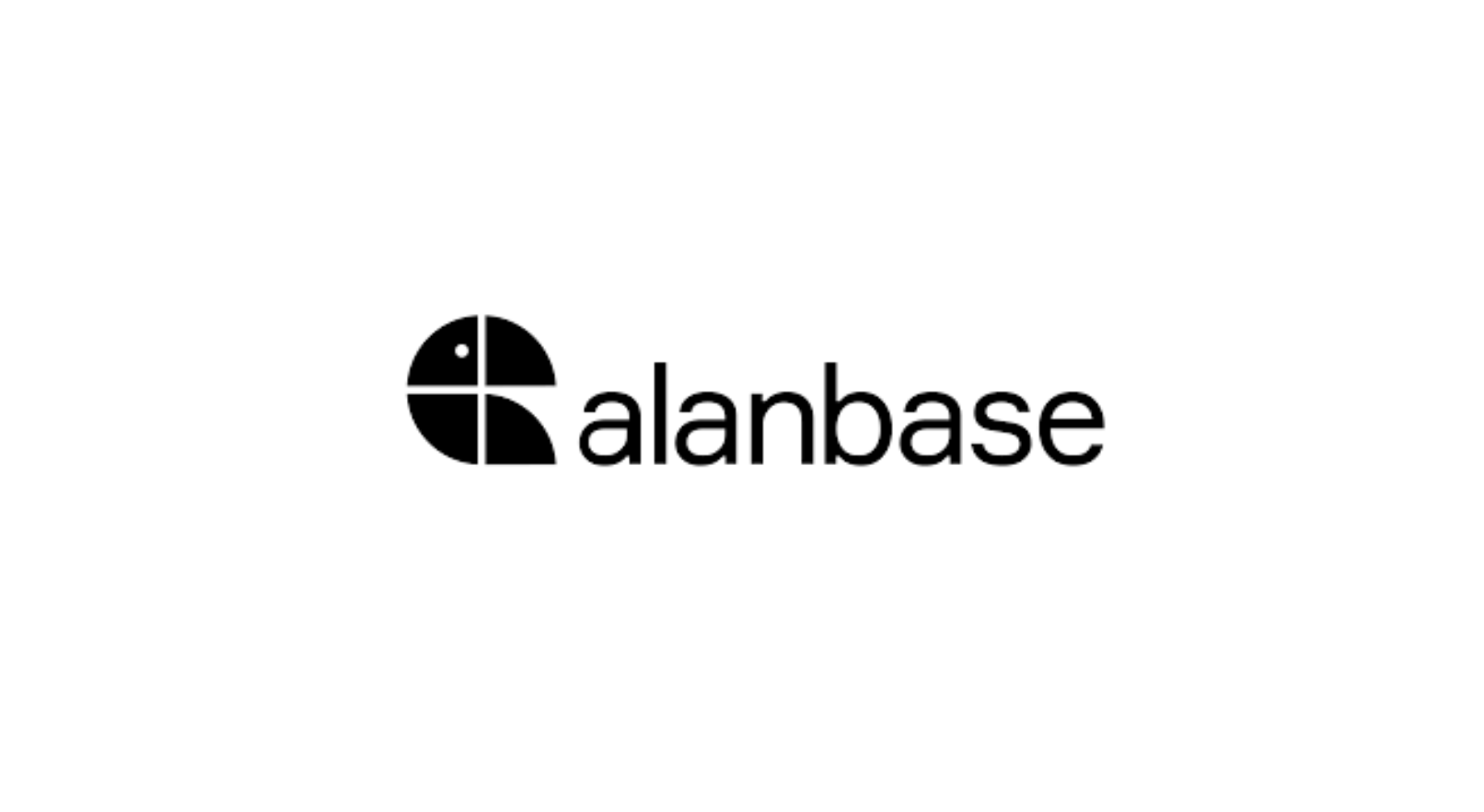Affiliate Marketing Glossary: Decoding the Language of the Industry
Welcome to our comprehensive Affiliate Marketing Glossary, designed to unravel the intricate terminology used in the dynamic world of affiliate marketing. For newcomers and seasoned marketers alike, understanding the jargon of the industry is essential to navigate the landscape with confidence and success. Let’s dive into the key terms and definitions that will empower you to communicate effectively and make informed decisions in your affiliate marketing endeavors.
Affiliate: An individual or entity (publisher) who promotes products or services on their platform and earns commissions for driving traffic or sales to the advertiser’s website.
Advertiser (Merchant): The brand or business that offers products or services to be promoted by affiliates, providing them with affiliate programs to join.
Affiliate Program: A partnership between an advertiser and affiliates where affiliates promote the advertiser’s products or services and earn commissions on successful referrals or sales.
Commission: The monetary reward earned by affiliates for each successful referral or sale generated through their promotional efforts.
Pay-per-click (PPC): Pay-per-click is an online advertising model where advertisers pay a fee each time their ad is clicked by a user. It is commonly used in search engine advertising platforms like Google Ads (formerly Google AdWords) and Bing Ads. In PPC campaigns, advertisers bid on specific keywords relevant to their products or services, and their ads are displayed to users when they search for those keywords. When a user clicks on the ad, the advertiser is charged a predetermined cost per click. PPC is a cost-effective way to drive traffic to a website and can be particularly effective for businesses seeking immediate visibility and results.
Pay-per-lead (PPL): Pay-per-lead is an affiliate marketing model where advertisers pay affiliates based on the number of leads they generate for the business. A lead is typically a potential customer who has shown interest in the advertiser’s products or services by completing a specific action, such as filling out a contact form, signing up for a newsletter, or requesting more information. The advertiser sets a fixed commission or fee for each lead, and the affiliate is compensated for successfully referring qualified leads to the advertiser. Pay-per-lead arrangements are often used in industries where customer acquisition is critical, such as finance, insurance, and real estate.
Pay-per-sale (PPS): Pay-per-sale, also known as cost-per-sale (CPS), is an affiliate marketing model where advertisers pay affiliates a commission for every sale made through their referral. In this model, the affiliate promotes the advertiser’s products or services and earns a percentage of the sales revenue when a visitor referred by the affiliate completes a purchase. Unlike pay-per-click or pay-per-lead, the affiliate only receives compensation when a sale is successfully completed, making it a performance-based model. Pay-per-sale is widely used in e-commerce and other online businesses, as it ensures that affiliates are incentivized to drive quality traffic and convert visitors into paying customers.
Conversion Rate: The percentage of visitors who complete the desired action, such as making a purchase or signing up, after clicking on the affiliate’s referral link.
Click-Through Rate (CTR): The percentage of visitors who click on an affiliate’s referral link compared to the total number of visitors to the affiliate’s platform.
Cookie: A tracking mechanism used by affiliate programs to identify and credit affiliates for referrals made within a specified timeframe after a user clicks on the affiliate’s link.
Earnings Per Click (EPC): The average amount of commission earned per click on an affiliate’s referral link, indicating the link’s effectiveness in generating revenue.
Conversion Pixel: A snippet of code placed on an advertiser’s website to track conversions, allowing affiliates to measure the success of their promotional efforts.
Deep Linking: Creating affiliate links that direct visitors to specific product pages on the advertiser’s website, increasing the relevance and effectiveness of the promotion.
Affiliate Network: An intermediary platform that connects advertisers with a network of publishers, facilitating affiliate partnerships and tracking performance.
Sub-Affiliate: An affiliate who joins an affiliate program through another affiliate, allowing both the sub-affiliate and the referring affiliate to earn commissions.
Payment Threshold: The minimum commission earnings required for affiliates to receive payment from the advertiser or affiliate network.
Conversion Attribution: The process of determining which affiliate or marketing channel contributed to a conversion, guiding the distribution of commissions among multiple affiliates involved in the customer’s journey.
White Label Affiliate Program: An affiliate program that allows affiliates to promote products or services under their brand name, creating a seamless user experience.
Recruiting Affiliates: The process of advertisers actively seeking and inviting publishers to join their affiliate program, expanding the reach and diversity of affiliates.





